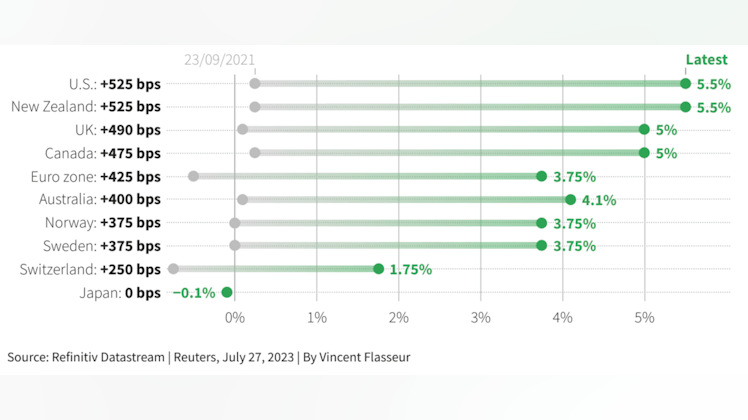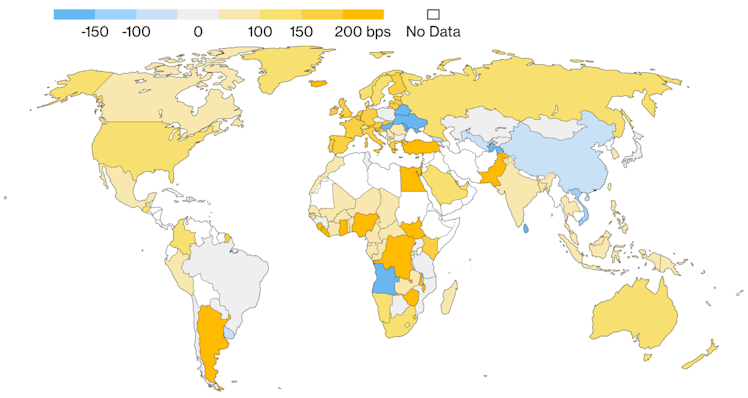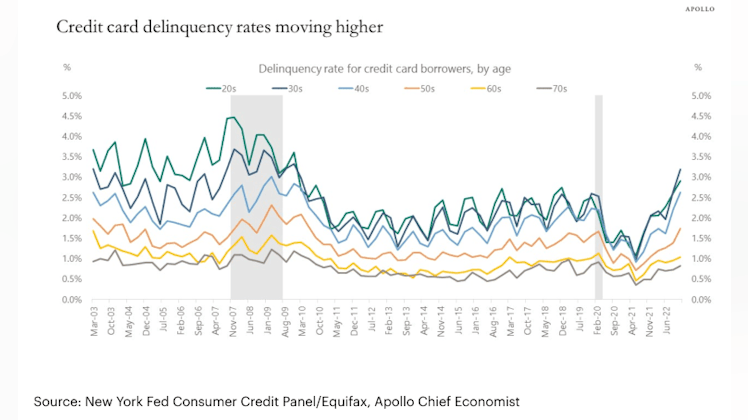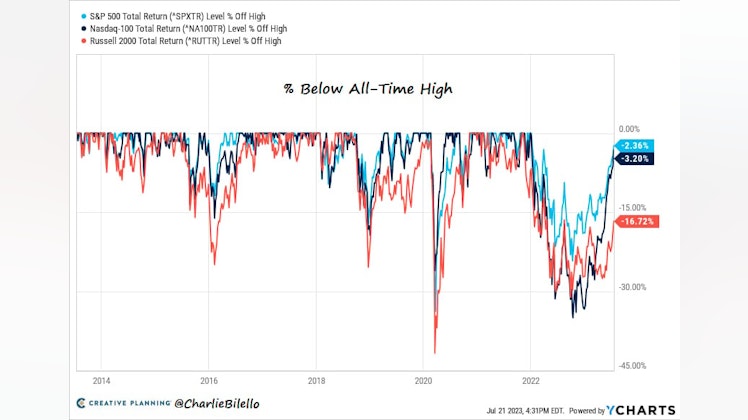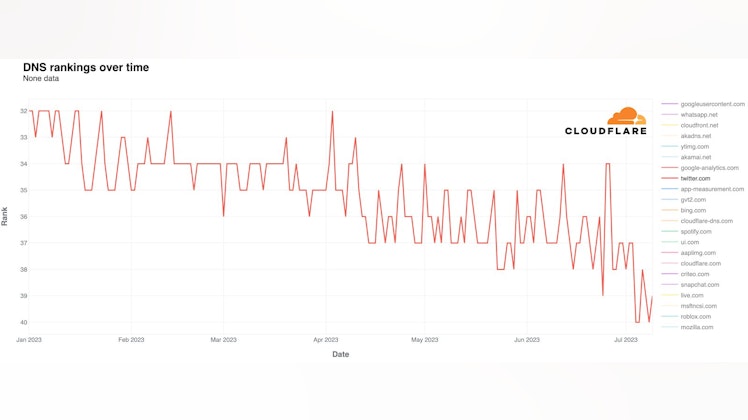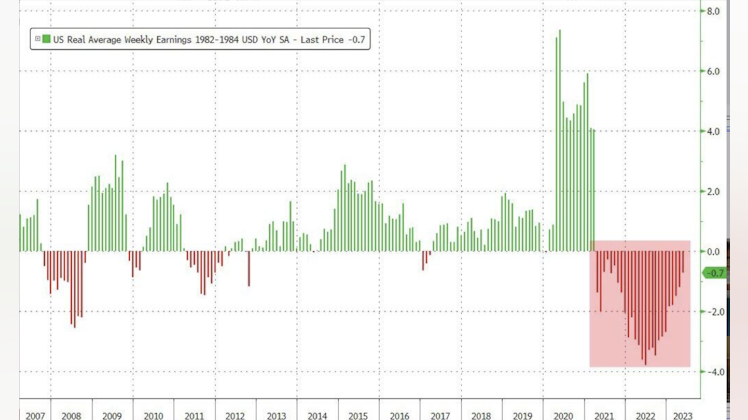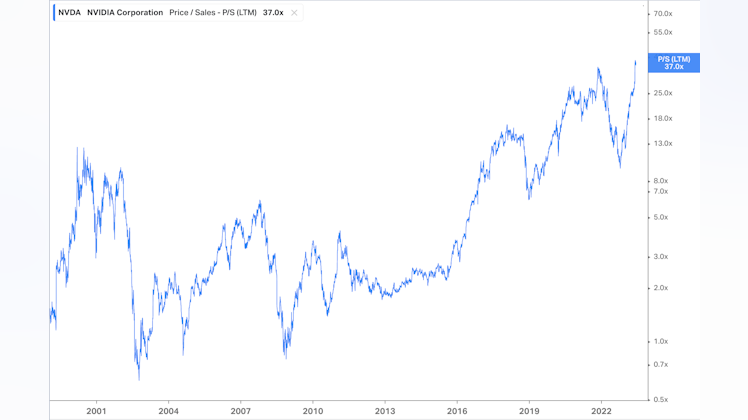Regarding the oil industry and climate experts
Climatologists tell us the Earth is warming and that this will have major downstream effects for all of humanity.
It is good to have this information. Thank you for your service.
Where we run into a issue is when these climatologists demand a certain course of action, attempting to direct other industries where they have no expertise.
When people build expertise in one subject, they often make the mistake of assuming their knowledge expands to fields where it does not.
Many climatologists believe we should completely upend the current energy economy for the sake of technologies that are not yet mature.
This is akin to advocating for a national speed limit of 30 miles an hour. We _could s_ave 10,000 lives every year if we enforced such a speed limit. We would be doing it for the sake of public health. But we would be doing it at a cost very few people would be ok with.
One particular solution, endorsed by one set of experts does not mean that is the only course of action.
Climatologies can say the effects of climate change are real, that they are serious, that climate change is coming.
But that does not make you an expert in economics or politics.
The next step is to involve experts of other fields, to weigh tradeoffs, and to decide on a course of action that that maximizes good over the long term.
If you're looking at a problem that is as large and vexing as climate change, it can't only be the climate experts who are telling us what to do.
This is why I still invest in some oil companies alongside renewables.

I imagine @jennymanydots faces similar sentiments from climatologists regarding the mining industry.


